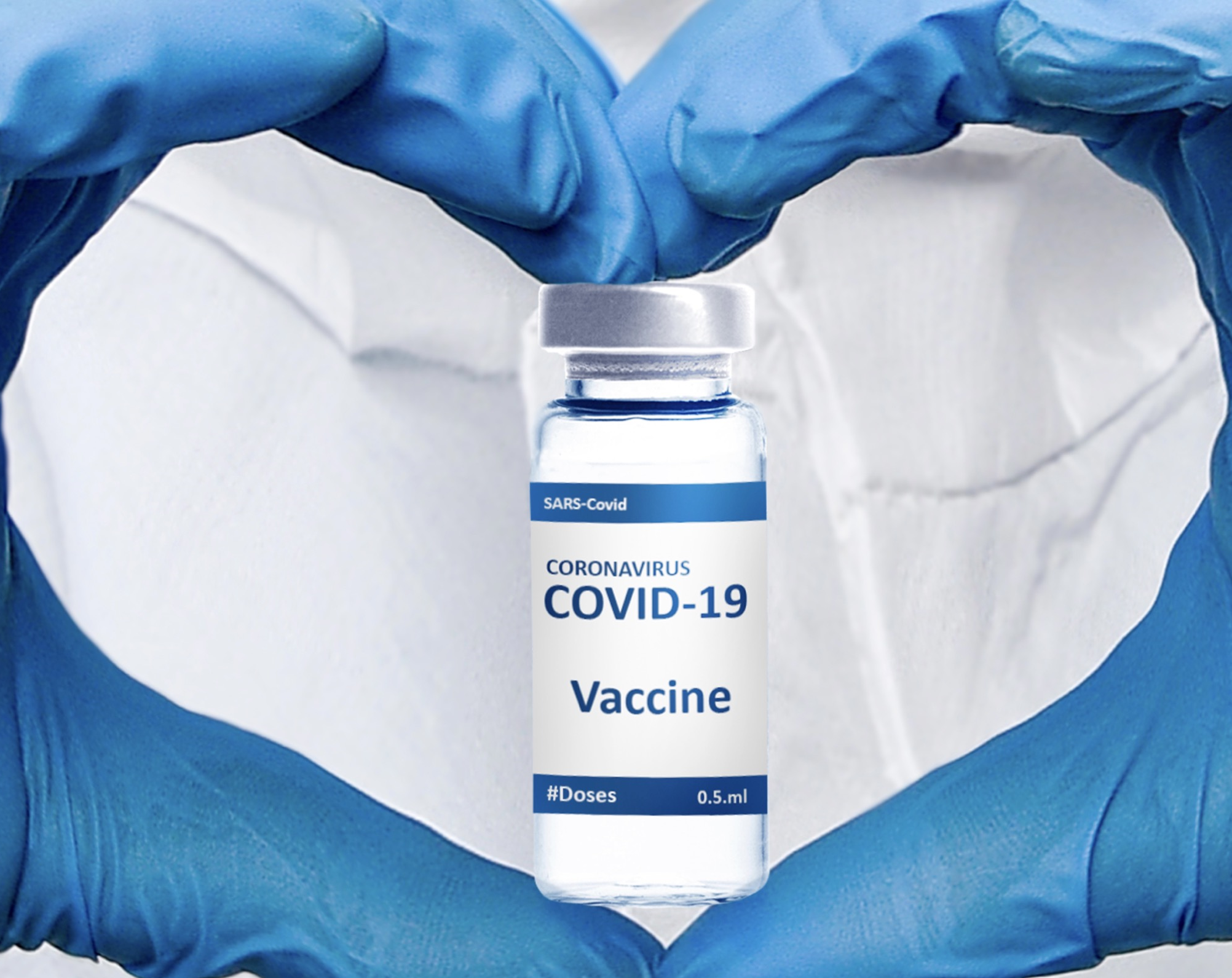
In the wake of the COVID-19 pandemic, scientists and medical professionals have been diligently unraveling the multifaceted impacts of the virus on various aspects of human health. One of the intriguing areas of investigation has been the connection between COVID-19 and heart health. Emerging evidence suggests that this viral infection can have significant implications for cardiovascular well-being, shedding light on the importance of understanding and managing this intricate relationship.
The Interplay
COVID-19 primarily targets the respiratory system, but it has become evident that its effects extend beyond the lungs. The virus enters the body through the ACE2 receptor, which is present not only in lung tissue but also in the cardiovascular system. This presence prompts concerns about potential impacts on heart health, especially in individuals with pre-existing cardiovascular conditions.
Direct and Indirect Effects
While COVID-19’s direct impact on the heart remains an area of ongoing research, some patients experience myocarditis (inflammation of the heart muscle) as a result of the viral infection. This inflammation can weaken the heart and cause various cardiac issues. Moreover, the virus’s inflammatory response could contribute to plaque rupture in the arteries, potentially leading to heart attacks or strokes.
Risk Factors and Vulnerability
Individuals with pre-existing heart conditions, such as hypertension, coronary artery disease, and heart failure, appear to be at a higher risk of severe COVID-19 outcomes. The virus’s impact on the cardiovascular system might be worsened in these cases, making proactive management of heart health crucial during the pandemic.
Long-Term Implications
Beyond the acute phase of infection, there are concerns about the potential long-term effects of COVID-19 on heart health. Some patients, even those with mild or asymptomatic cases, report lingering cardiovascular symptoms like palpitations, chest discomfort, and fatigue. These extended effects underscore the need for comprehensive follow-up care.
Preventive Measures and Management
Given the potential risks to heart health, adopting preventive measures remains paramount. This includes adhering to public health guidelines, practicing good hygiene, and getting vaccinated. For individuals with underlying heart conditions, consistent medical care and management are crucial to minimize potential complications if they contract COVID-19.
Research and Awareness
Researchers worldwide are diligently studying the COVID-19 and heart health connection to better understand the mechanisms at play. Their efforts aim to inform medical practices and guidelines for both acute and long-term care. Increasing awareness among healthcare professionals and the general public is vital to ensure timely intervention and management.
